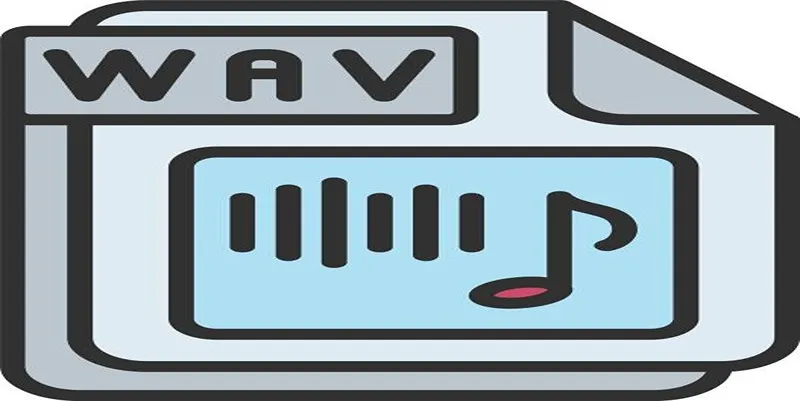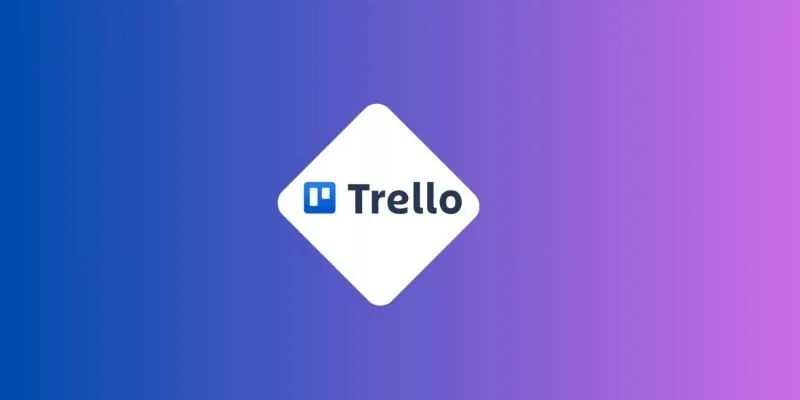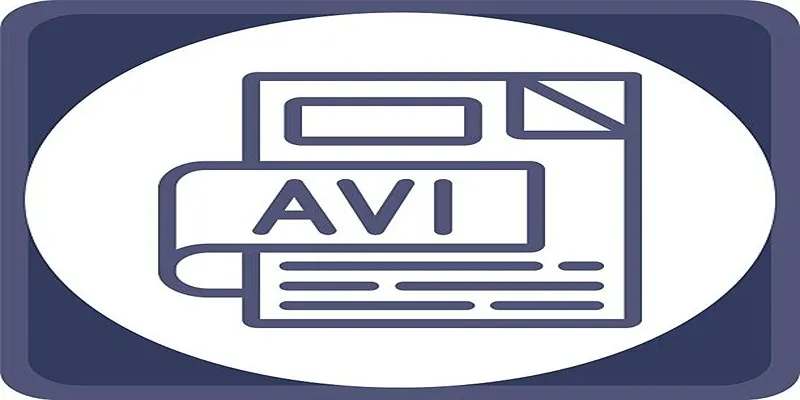GitHub vs GitLab vs BitBucket: Which Platform is Right for You?
Discover the main hosting platforms for developers: GitHub, GitLab, and Bitbucket. Each platform offers essential tools for version control, collaboration, and project management, but they also have unique features. Your choice depends on whether you’re a solo developer, part of a team, or an enterprise professional.
GitHub

GitHub is the most widely used code hosting platform, boasting over 40 million users worldwide. Launched in 2008, it was acquired by Microsoft in 2018 for $7.5 billion. GitHub offers a web-based platform with additional desktop and mobile applications for code management.
Features:
- Version control: Utilizes Git, allowing developers to track code changes efficiently.
- Collaboration: Supports pull requests for code contributions, reviews, and comments.
- Project management: Includes project boards, milestones, and issue tracking.
- Integration: Compatible with various tools, including CI systems, chat platforms, and project management tools.
Pricing:
GitHub offers free plans for individual developers and small teams. Paid plans start at $4 per user per month, providing unlimited private repositories.
Target Audience:
GitHub is ideal for individual developers and small to medium-sized teams, with enterprise solutions available for larger organizations.
GitLab
GitLab is a comprehensive web-based DevOps platform launched in 2011, offering more than just code hosting. It has become a favorite among developers for its wide range of tools supporting the software development lifecycle.
Features:
- Version control: Uses Git for version control.
- Collaboration: Similar to GitHub, it supports pull requests and comments.
- Project management: Features CI/CD pipelines and Kubernetes integration.
- DevOps tools: Offers code review, testing, and deployment automation.
Pricing:
GitLab offers a free plan with community support, while paid plans start at $19 per user per month, adding features like advanced project management and CI/CD pipelines.
Target Audience:
GitLab is suitable for individual developers and enterprises seeking an all- in-one DevOps solution.
Bitbucket

Launched in 2008 and acquired by Atlassian in 2010, Bitbucket targets businesses using the Atlassian suite of products.
Features:
- Version control: Uses Git, like GitHub and GitLab.
- Collaboration: Supports pull requests and comments.
- Project management: Offers basic features like issue tracking and team calendars.
- Integration: Integrates seamlessly with Atlassian products, such as Jira.
Pricing:
Bitbucket provides a free plan for up to five users with 1GB of storage. Paid plans begin at $3 per user per month for unlimited private repositories and more storage.
Target Audience:
Bitbucket is designed for businesses already using Atlassian products, offering seamless integration.
How to Choose the Right Platform?
Choosing the best code hosting platform depends on your needs and preferences. Consider these factors:
Your Team Size:
Solo developers and small teams can use any platform. Larger teams may benefit more from GitLab or Bitbucket due to their project management and DevOps features.
Budget:
For budget-conscious developers, GitHub’s free plan is appealing. However, as teams grow, upgrading might be necessary. GitLab’s free plan is limited, which may not suit larger teams on a tight budget.
Integration:
Assess your current tools and services for compatibility. For example, if using Jira, Bitbucket might offer the best integration.
User Interface:
Try out the platforms to find the most intuitive and user-friendly interface for your needs.
Migrating Platforms:
If switching platforms, online tools and guides can assist with migration. Common steps include exporting repositories, transferring issues, and setting up new integrations. Plan carefully to avoid data loss and workflow disruptions.
Conclusion
Each platform has unique strengths and target audiences. Evaluate your needs before choosing the best one for your project. Whether it’s GitHub’s community support, GitLab’s comprehensive DevOps tools, or Bitbucket’s Atlassian integration, there’s a platform that fits your requirements. Explore these platforms and make an informed choice!
Related Articles

Trello vs. Jira: Choosing the Best Tool for Your Projects

Top 4 Vertical Video Editors to Edit Vertical Videos Quickly

12 Essential Software Solutions for Efficient Issue Tracking

Discover the 9 Best Tools for Modern Web Design in 2025

9 Powerful Chrome Extensions for Effortless Screenshots

How to Convert MPEG to WAV: A Step-By-Step Guide

The 10 Best Email Apps for iPhone: Streamline Your Inbox Today

Effortless Steps to Convert and Upscale Video to 4K Resolution

The 11 Best CRMs for Small Business: Streamline Your Workflow in 2025

Which Are The 5 Best Calendar Apps for Mac to Organize Your Life in 2025

How to Use Tags and Labels to Organize Your Files: A Step-by-Step Guide

Top 3 Video Meme Makers to Unleash Your Creativity Today
Popular Articles

Step-by-Step Guide: How to Use Windows Movie Maker

The 8 Best Free Photo Editors in 2025 That Rival Photoshop

Quick and Simple Ways to Create GIFs from MOV Videos

5 Creative GitHub Automation Ideas to Try

Master Google Tasks: Organize Your Day Step-by-Step

Seamlessly Convert Panasonic P2 MXF Files to MP4 or MOV Format

The Best Project Management AI Apps for iPhone: Revolutionize Your Workflow

The 10 Best Cloud Storage Apps in 2025: Simplify Your Digital Life

Best Linux Distributions for Customization and Speed in 2025

Top 5 Free and Easy-to-Use AVI to MP4 Converters Online

Tidy Up Your Android: Best Apps to Clear Junk

 mww2
mww2